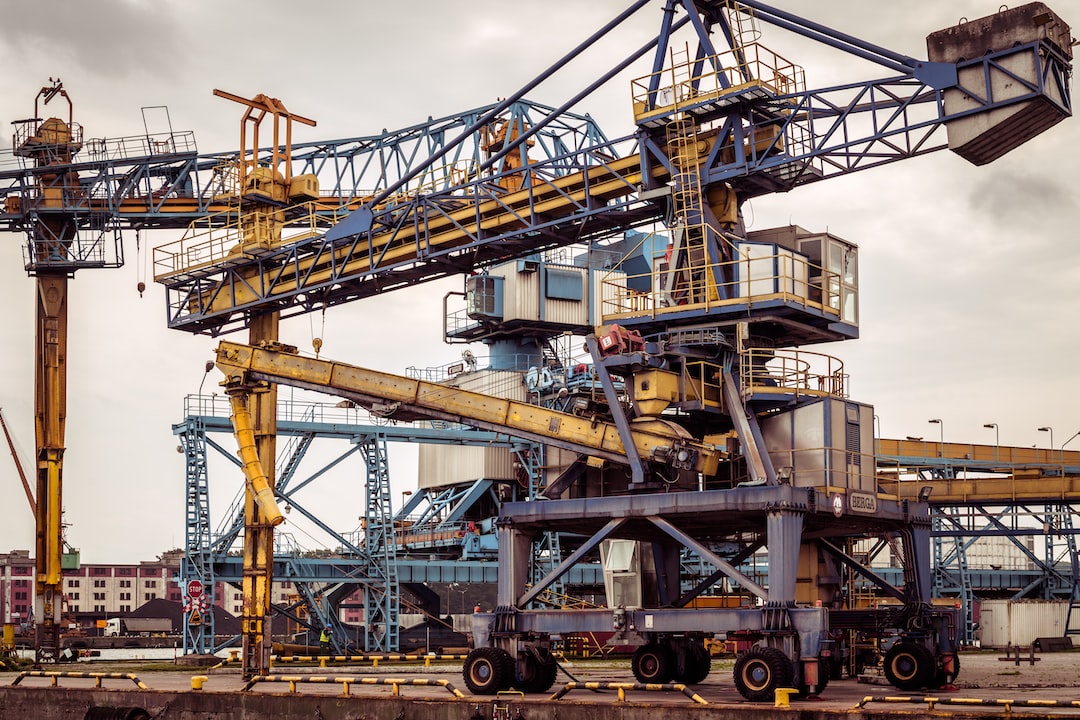The Future of Artificial Intelligence in Building Systems
In today’s fast-paced world, technological advancements have become the driving force behind numerous industries. The field of building systems is no exception to this trend. Over the years, the integration of artificial intelligence (AI) has revolutionized the way buildings are designed, constructed, and operated. As the technology continues to advance, experts predict that AI will play an even more significant role in the future, especially in areas such as sound insulation machines or “schalldämmung maschinen“.
Artificial intelligence has already shown its potential in improving energy efficiency within buildings. With the help of AI-powered systems, buildings can optimize their resource consumption by analyzing patterns and making adjustments accordingly. This can lead to significant cost savings for both building owners and occupants, as well as reducing their overall carbon footprint.
One area where AI is making significant strides is in sound insulation machines. These machines are used to minimize noise pollution within buildings, ensuring a comfortable and peaceful indoor environment. AI can be employed to optimize the design and operation of sound insulation machines, enabling them to deliver maximum performance while minimizing energy consumption and maintenance requirements. By analyzing noise patterns and using machine learning algorithms, AI can identify the most effective techniques for sound insulation, adjusting parameters in real-time to achieve the desired acoustic environment.
Moreover, AI can also enhance the overall safety and security of building systems. By integrating AI with existing surveillance systems, buildings can detect and respond to potential threats more efficiently. For example, AI-powered facial recognition technology can identify unauthorized individuals, allowing for immediate action to be taken. Additionally, the ability of AI systems to analyze data in real-time can help identify potential maintenance issues or faults in building infrastructure, enabling proactive measures to be taken before serious problems occur.
The possibilities for AI in building systems are virtually limitless. As technology continues to evolve, so too will the capabilities of AI systems. With advances in machine learning and natural language processing, AI can become even more intuitive, allowing for more personalized and user-friendly building experiences. Imagine a building that can adjust its temperature and lighting automatically based on individual preferences, or a system that can communicate with occupants in their native language, providing directions or answering questions.
In conclusion, the future of artificial intelligence in building systems holds great promise. From optimizing energy efficiency to enhancing safety and security and improving overall user experiences, AI is set to revolutionize the way we interact with our built environment. As the demand for sustainable and intelligent buildings grows, AI will undoubtedly play a crucial role in meeting these expectations. Additionally, the integration of AI in specific applications like sound insulation machines or “schalldämmung maschinen” will further enhance the quality and functionality of these vital building components. With ongoing advancements and innovations, the future of AI in building systems appears bright and exciting.
************
Want to get more details?
TAL Systemtechnik GmbH
https://www.tal-systemtechnik.de/
+49 7731 68405
Byk-Gulden-Straße 36, 78224 Singen
TAL Systemtechnik GmbH – Wir produzieren und liefern Ihnen konfektionierte Dämmstoffe nach Maß, Akustische Dämmung zur Schallisolierung, den TL flexibler Abgasschlauch hitzebeständig und diverse Schallschutzvorhänge für die Industrie.

